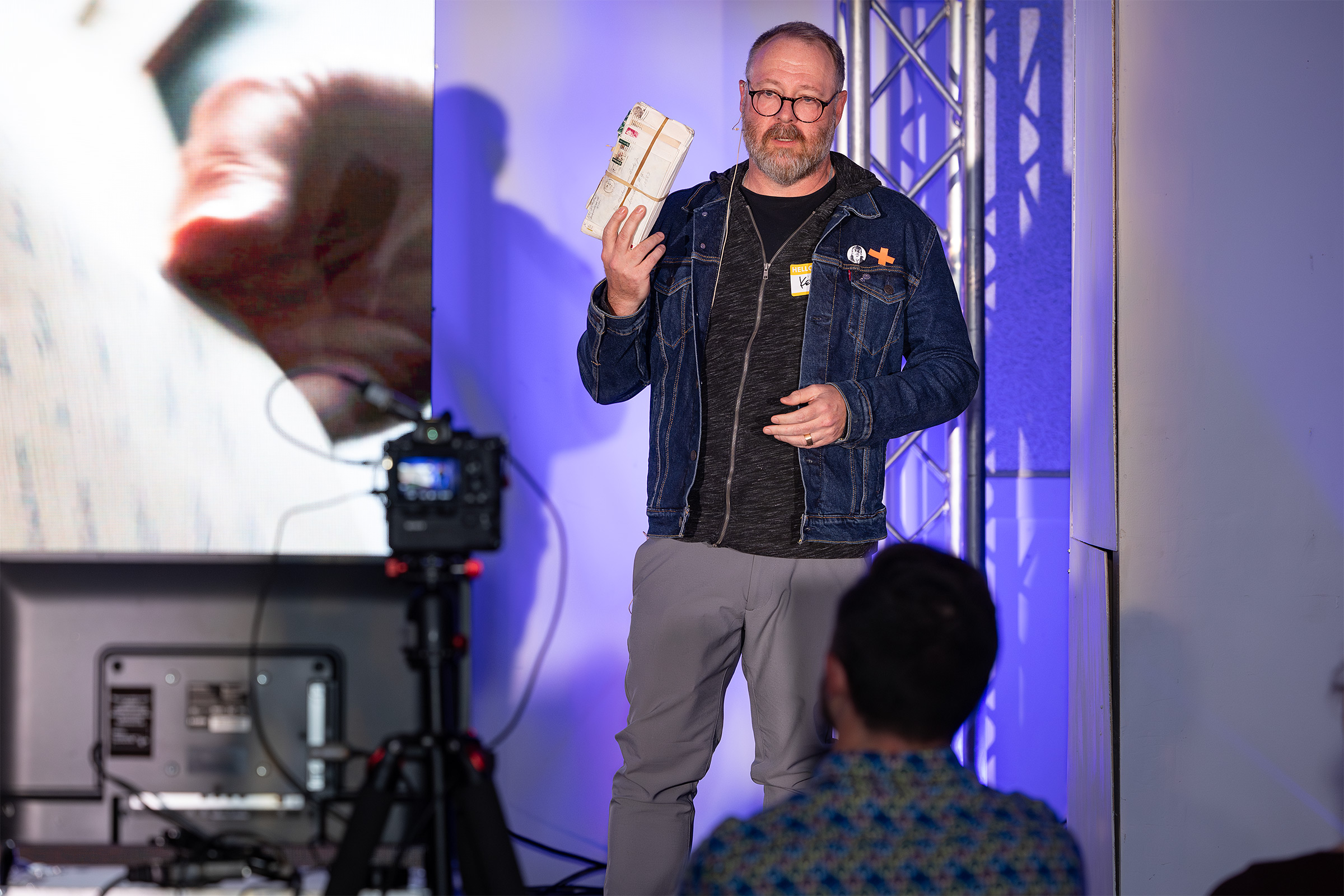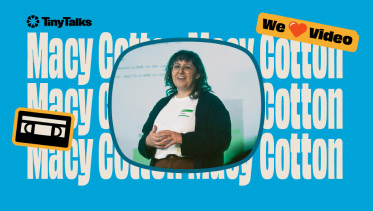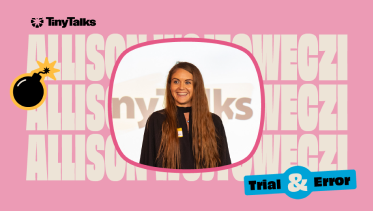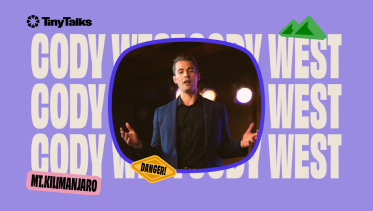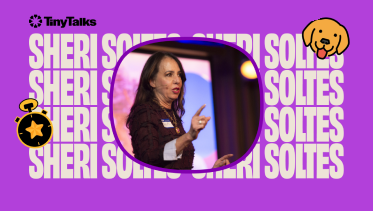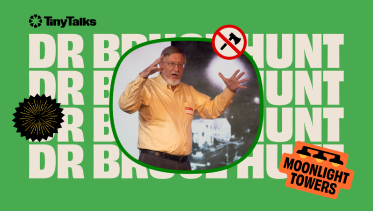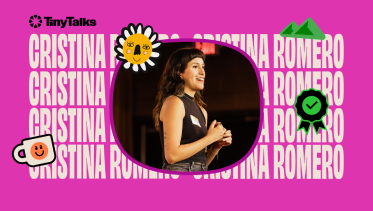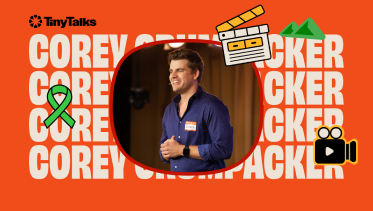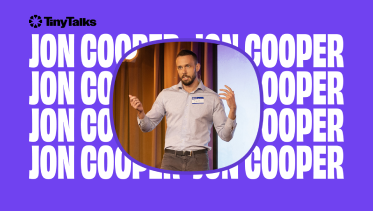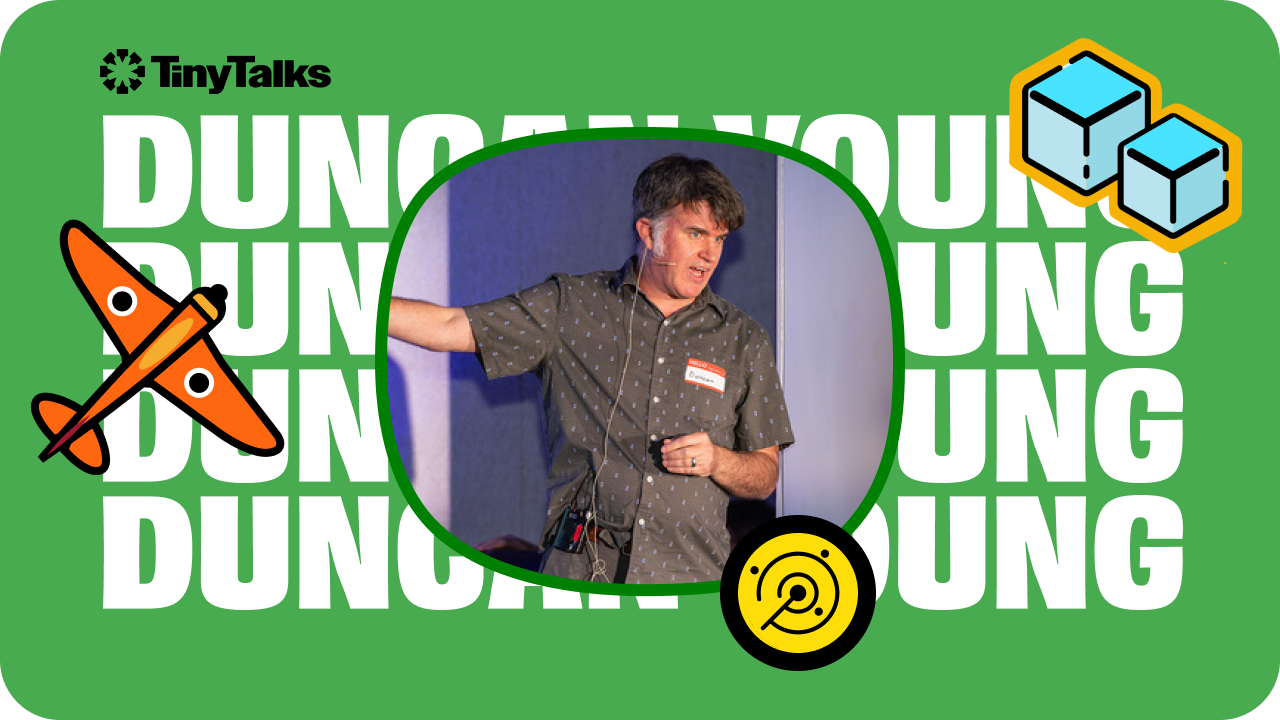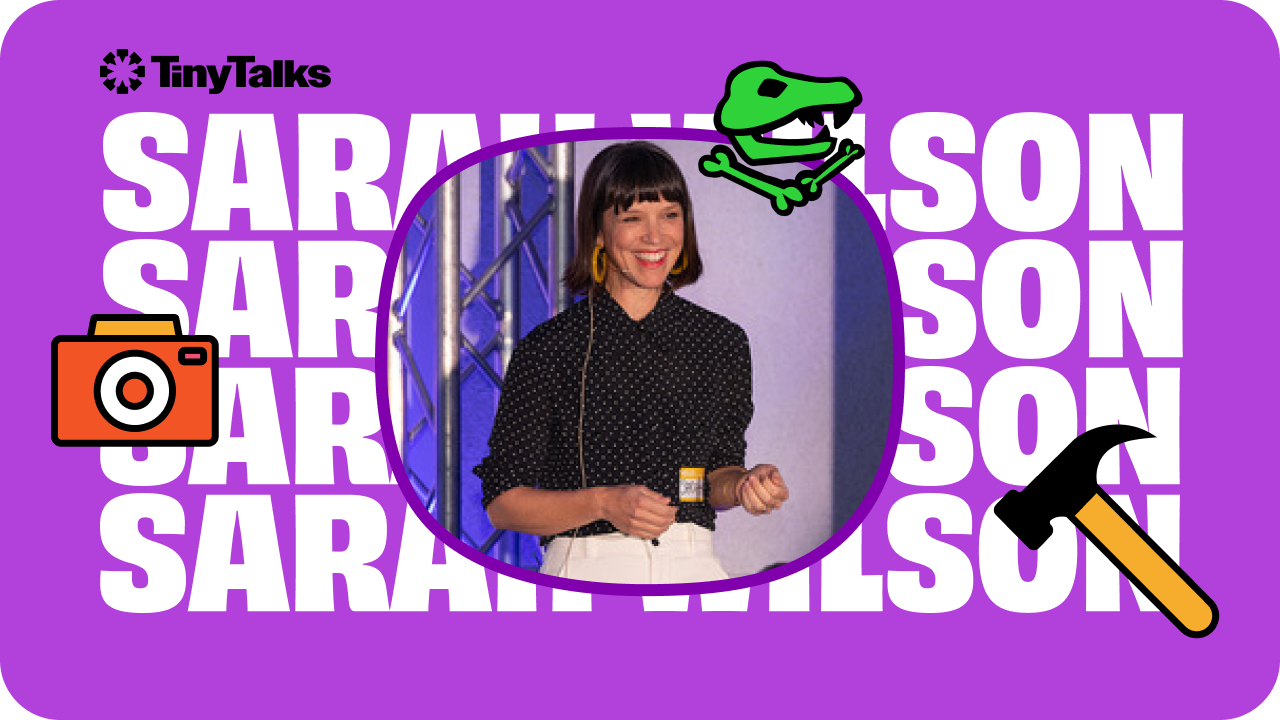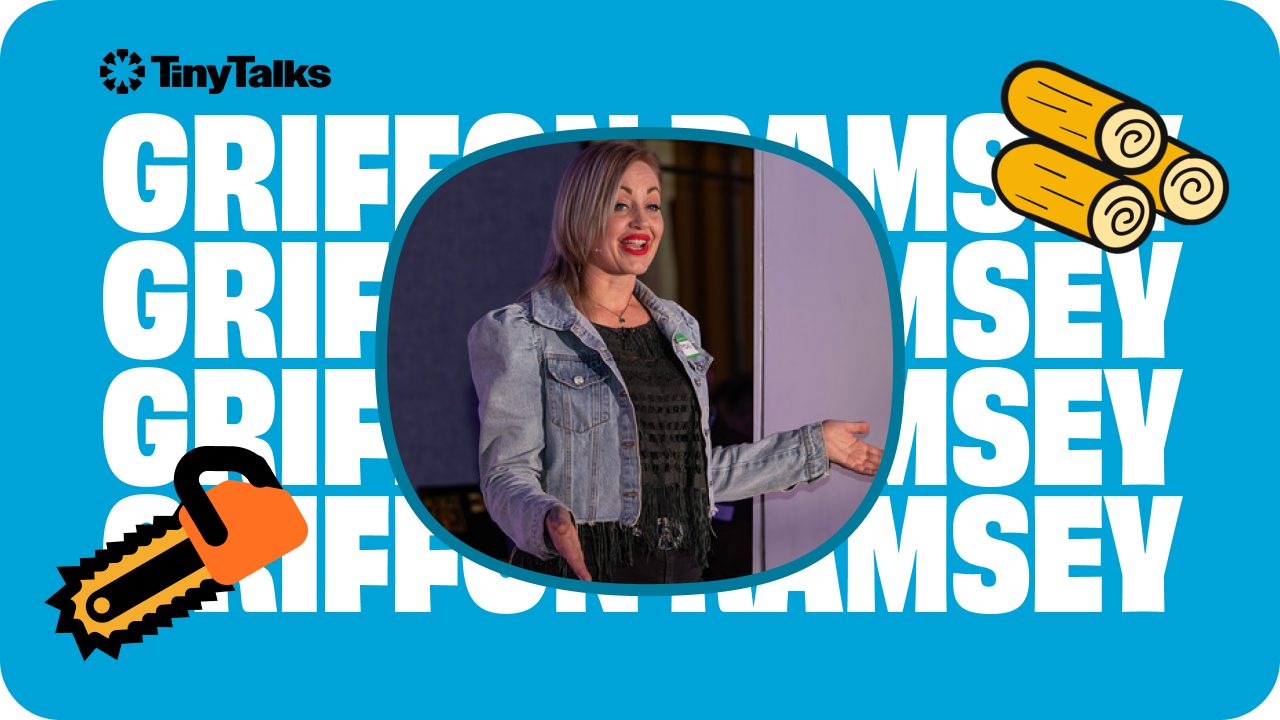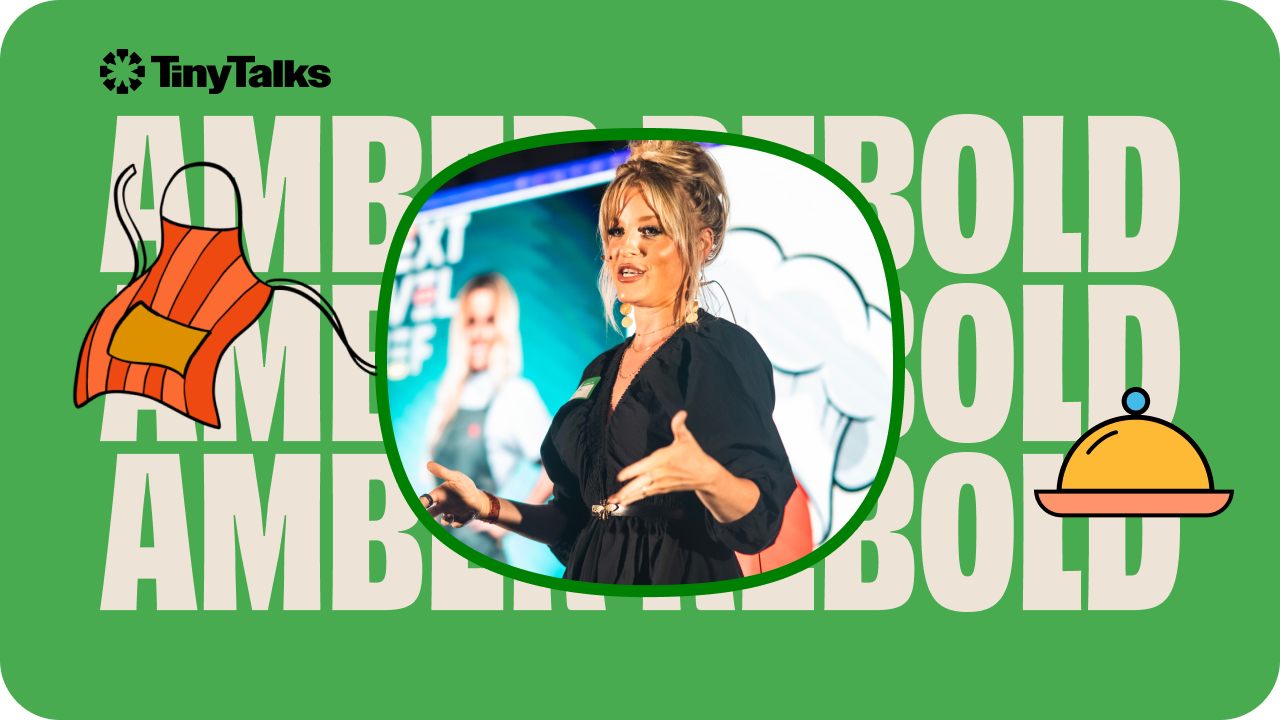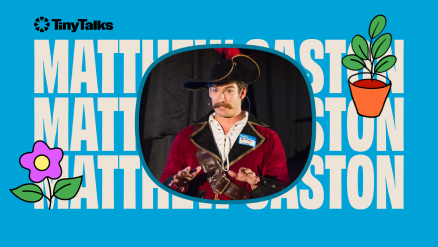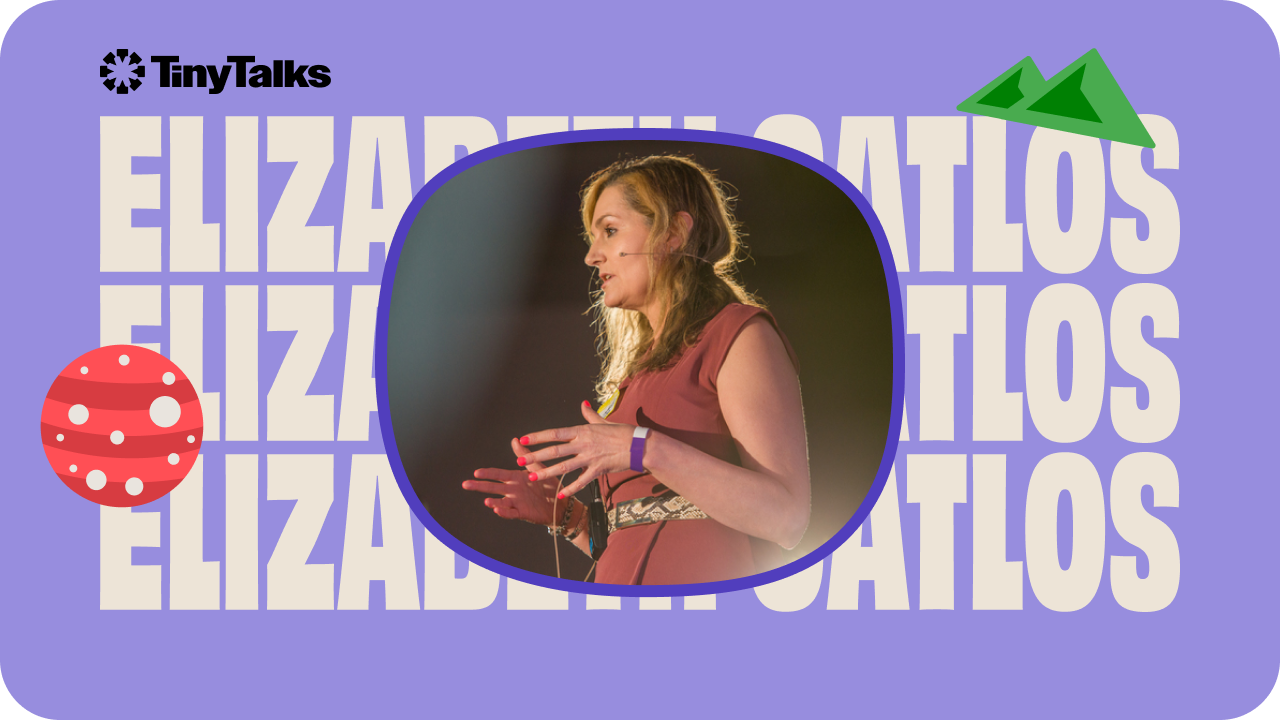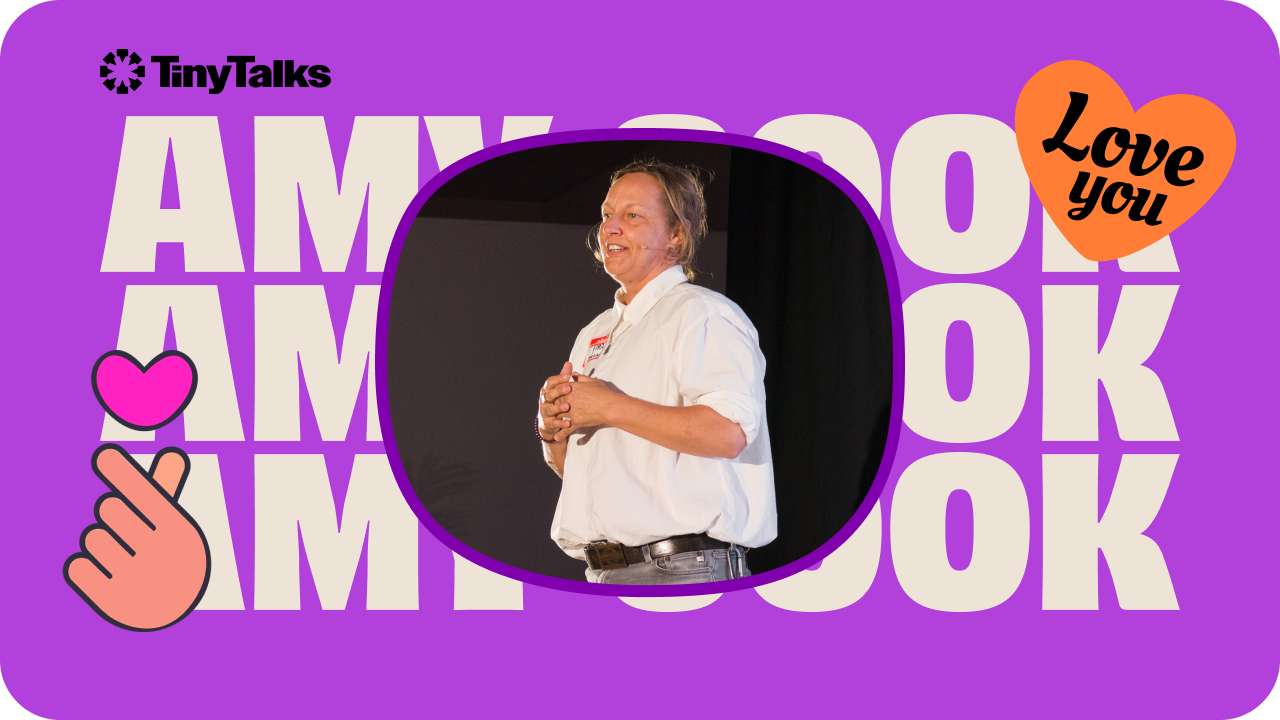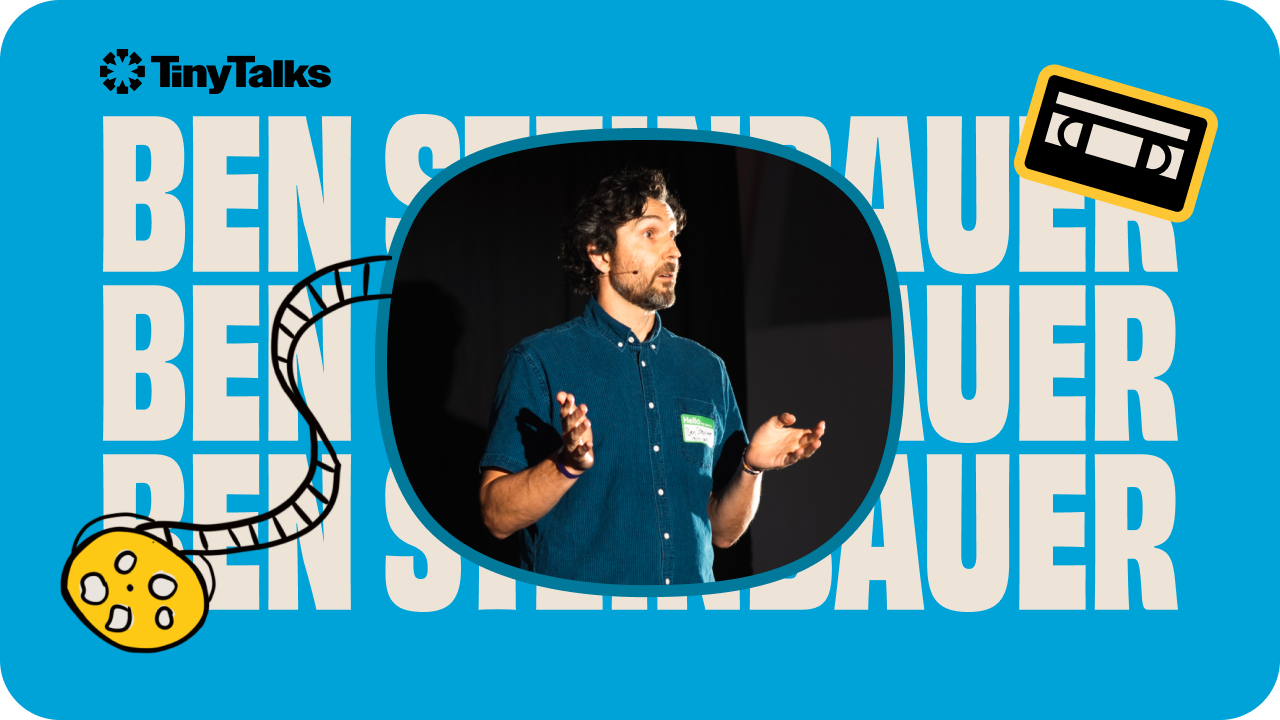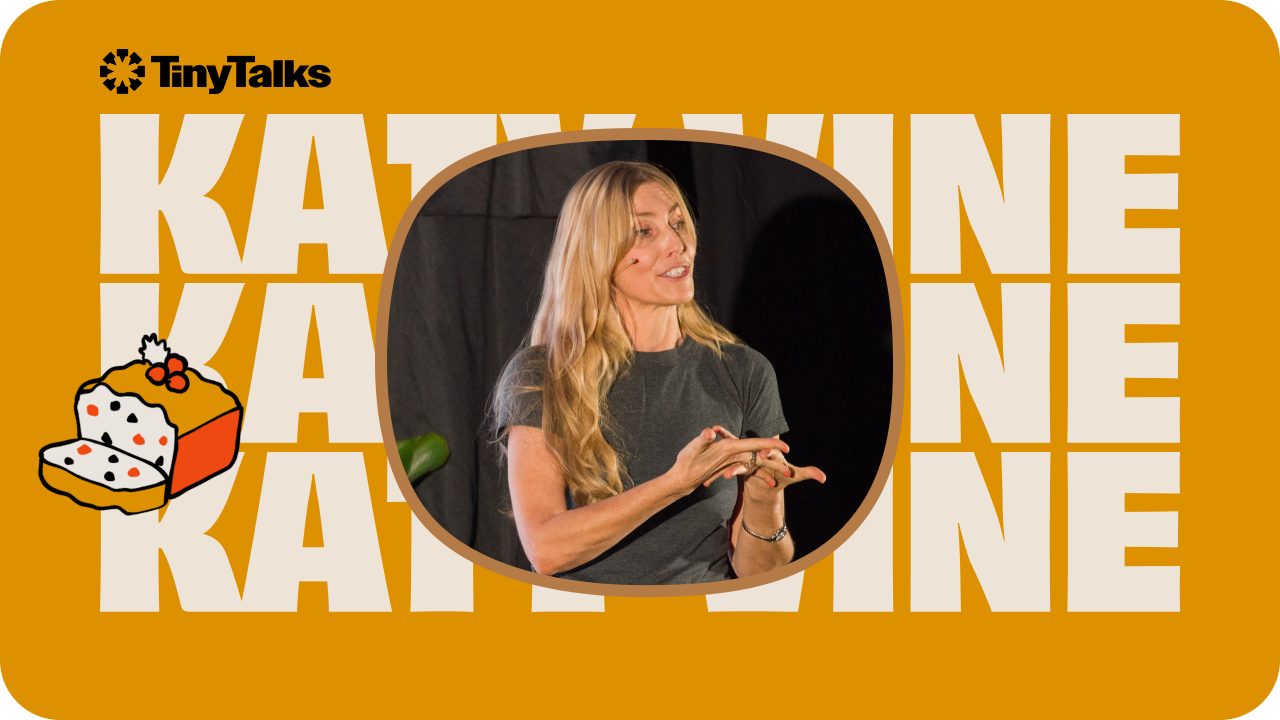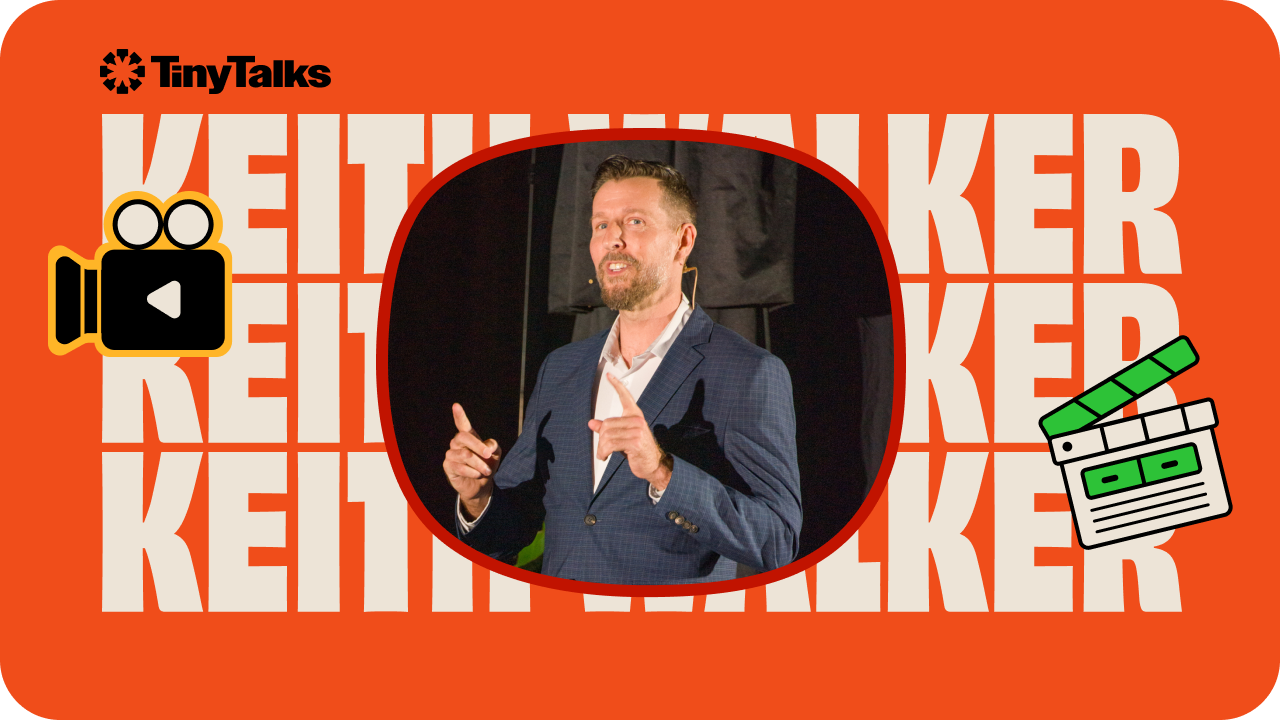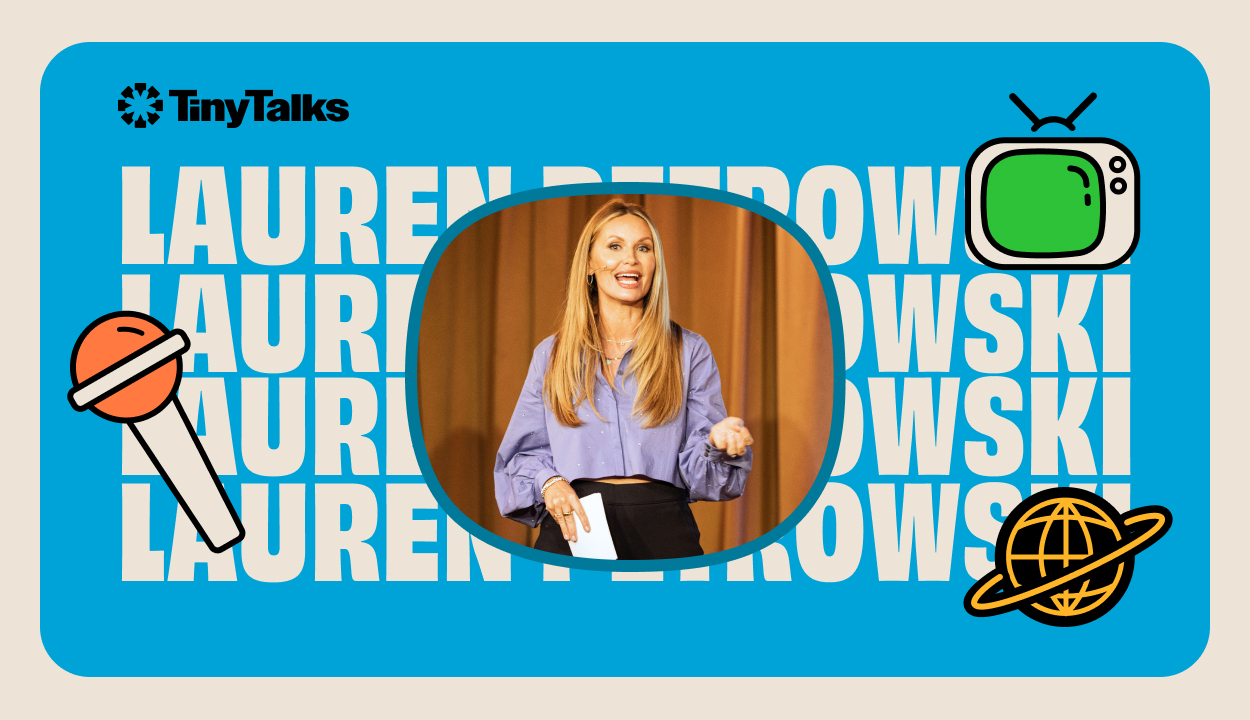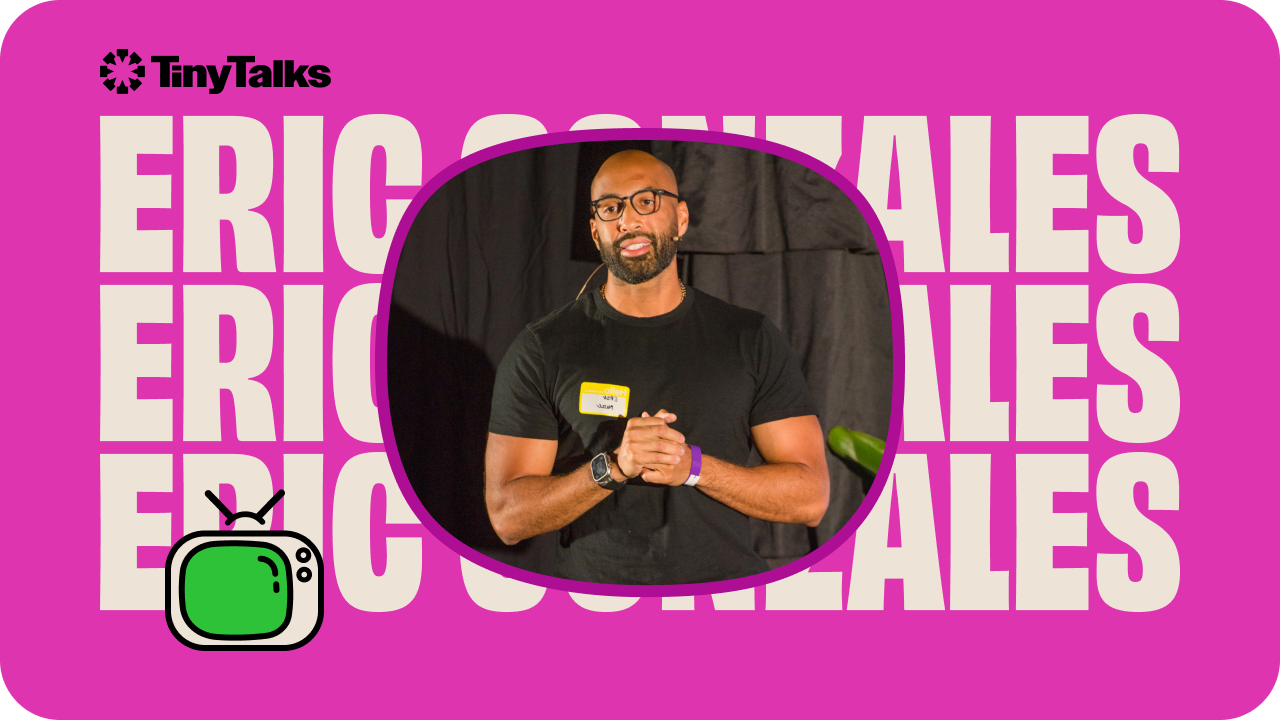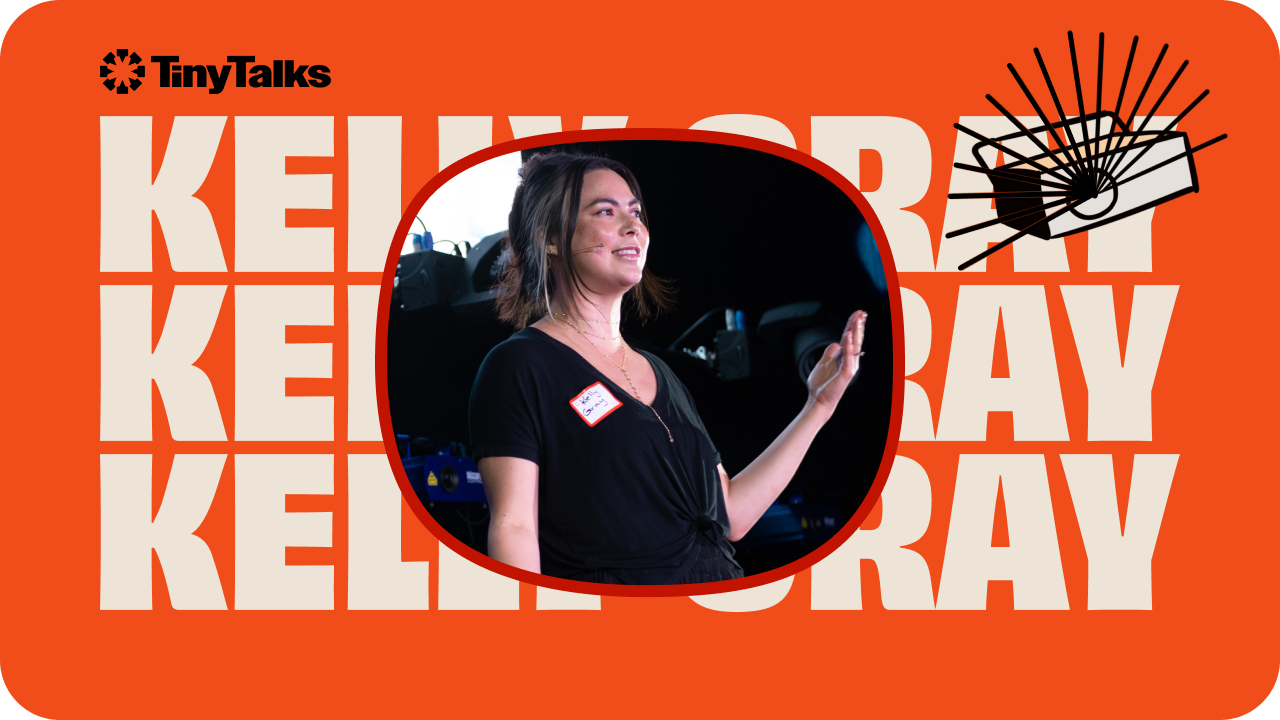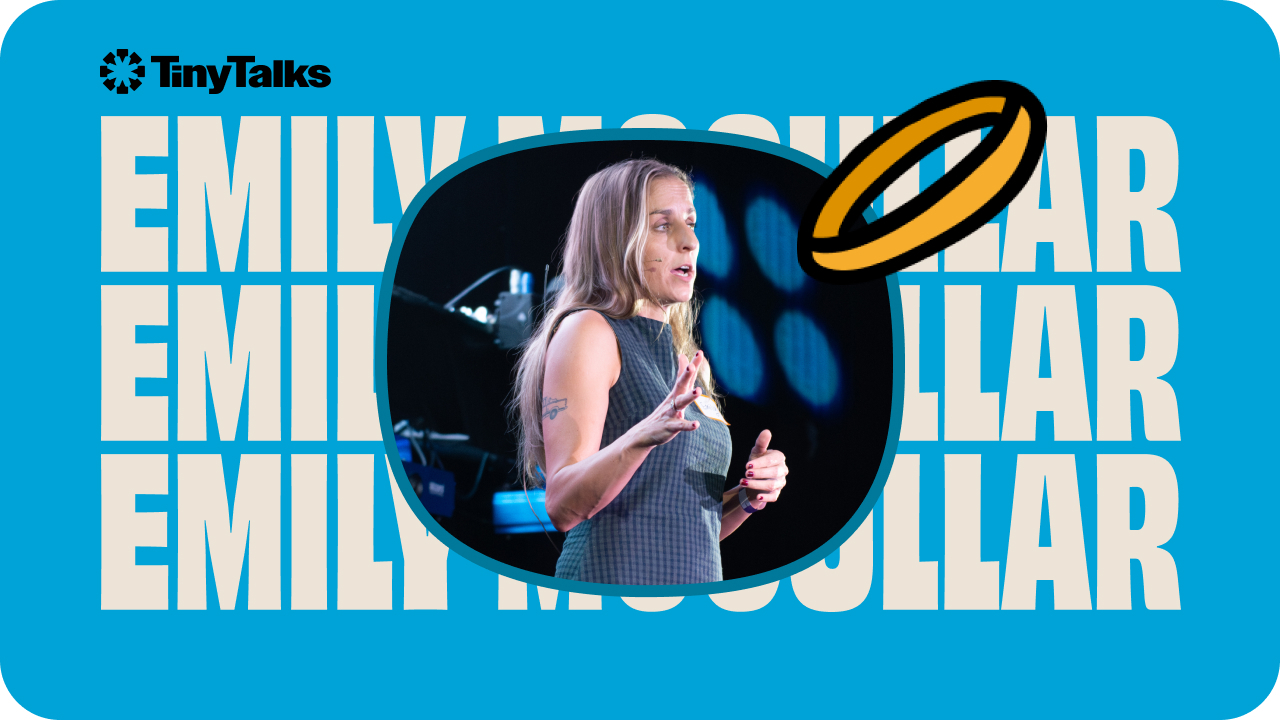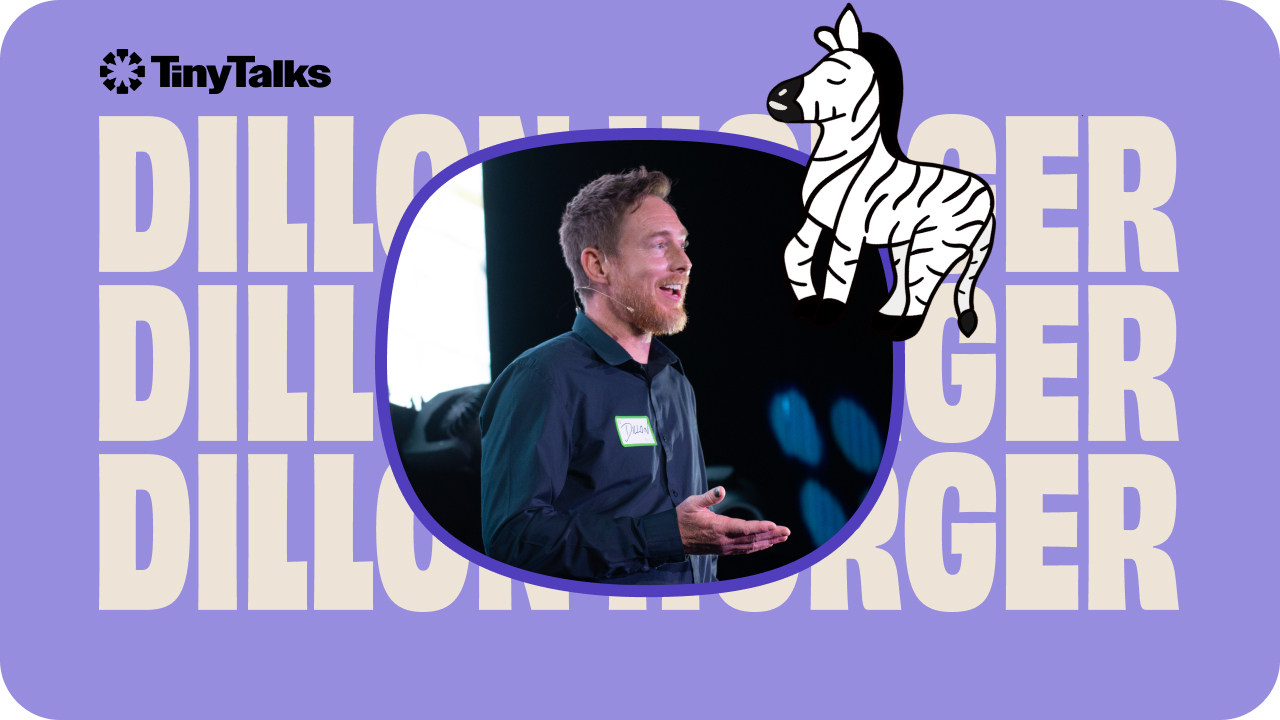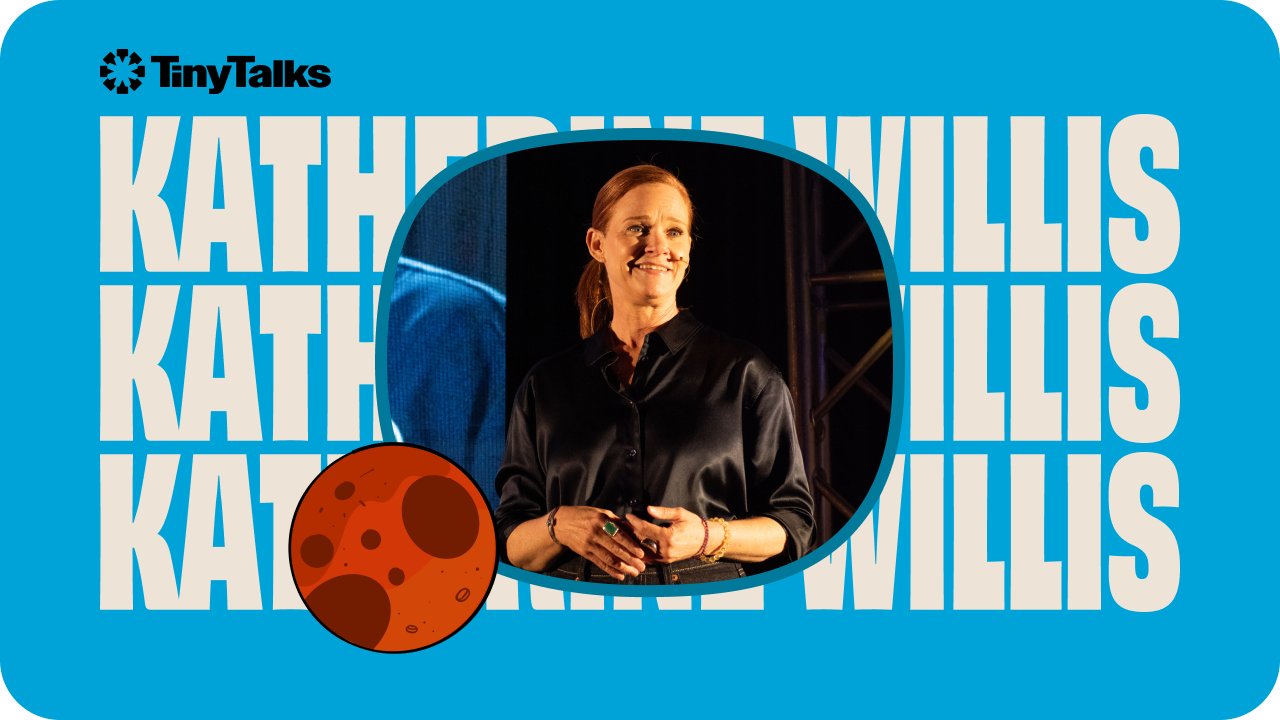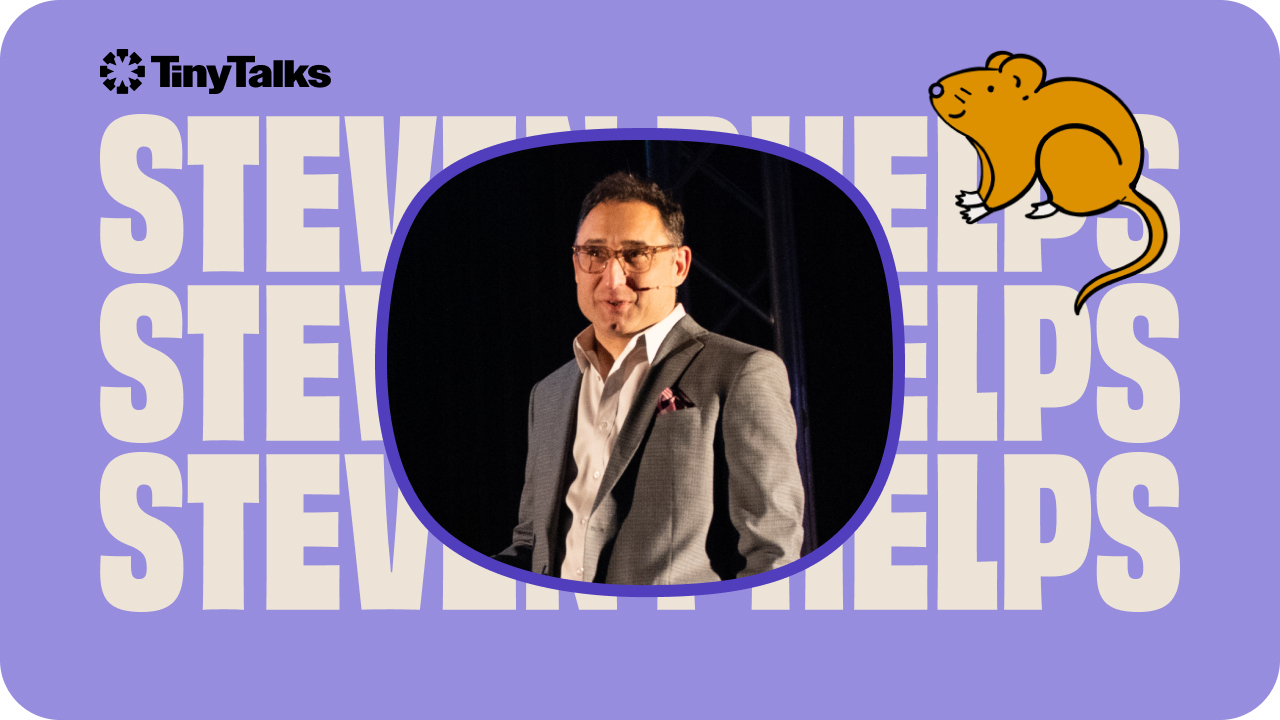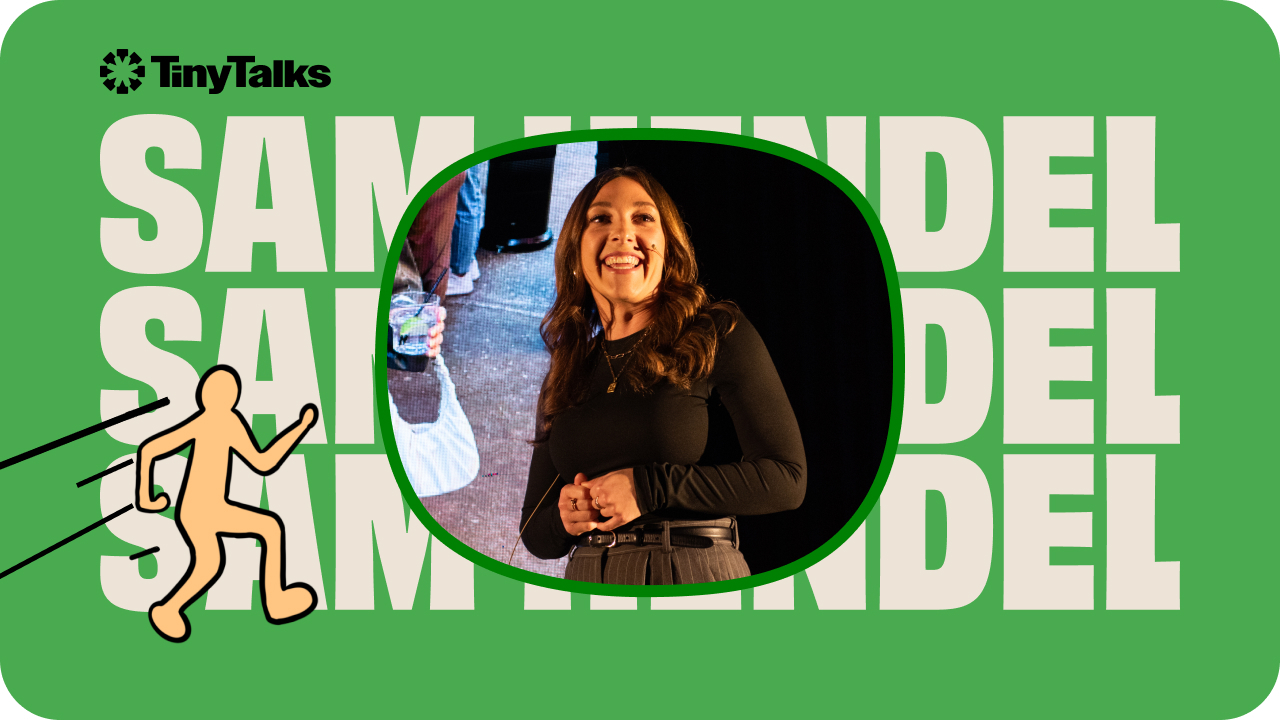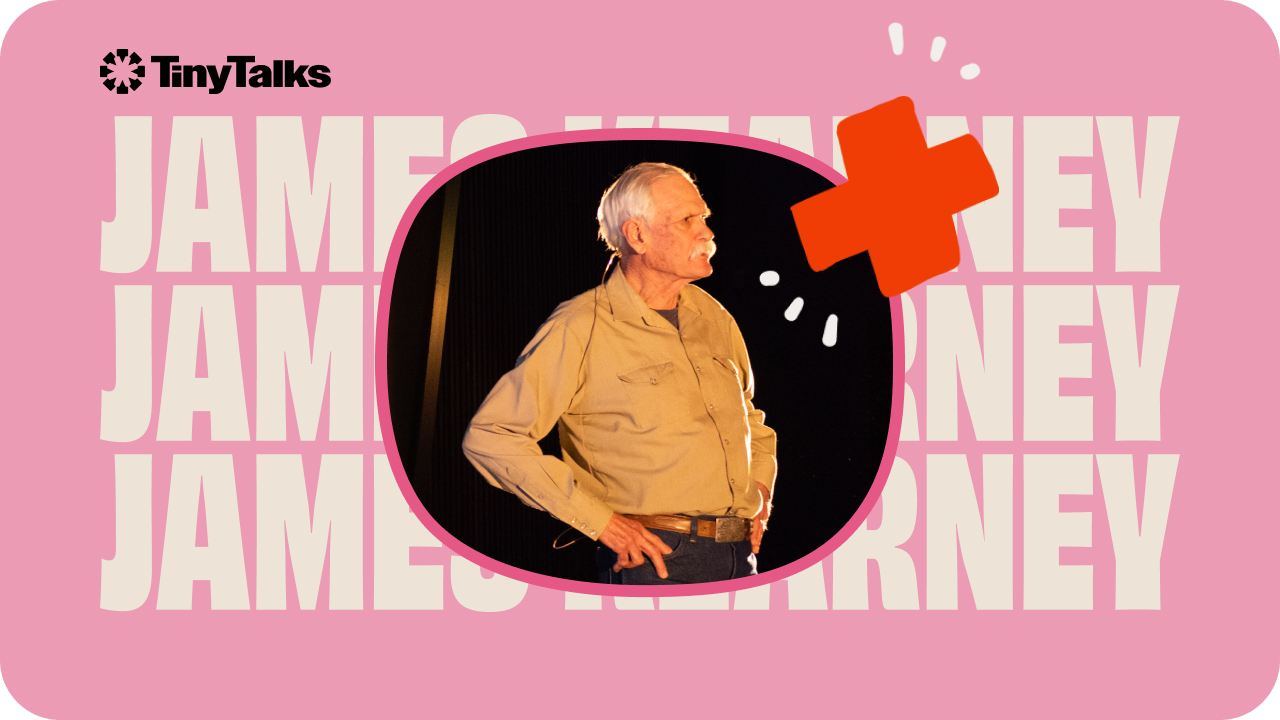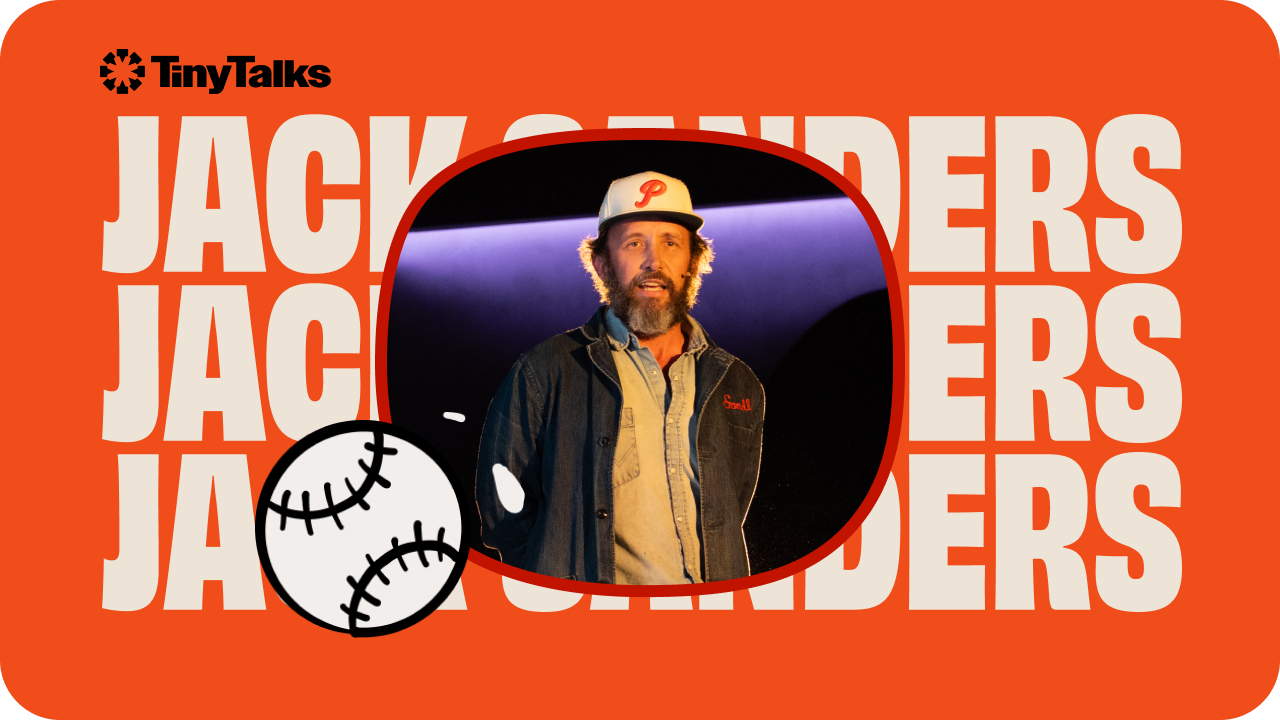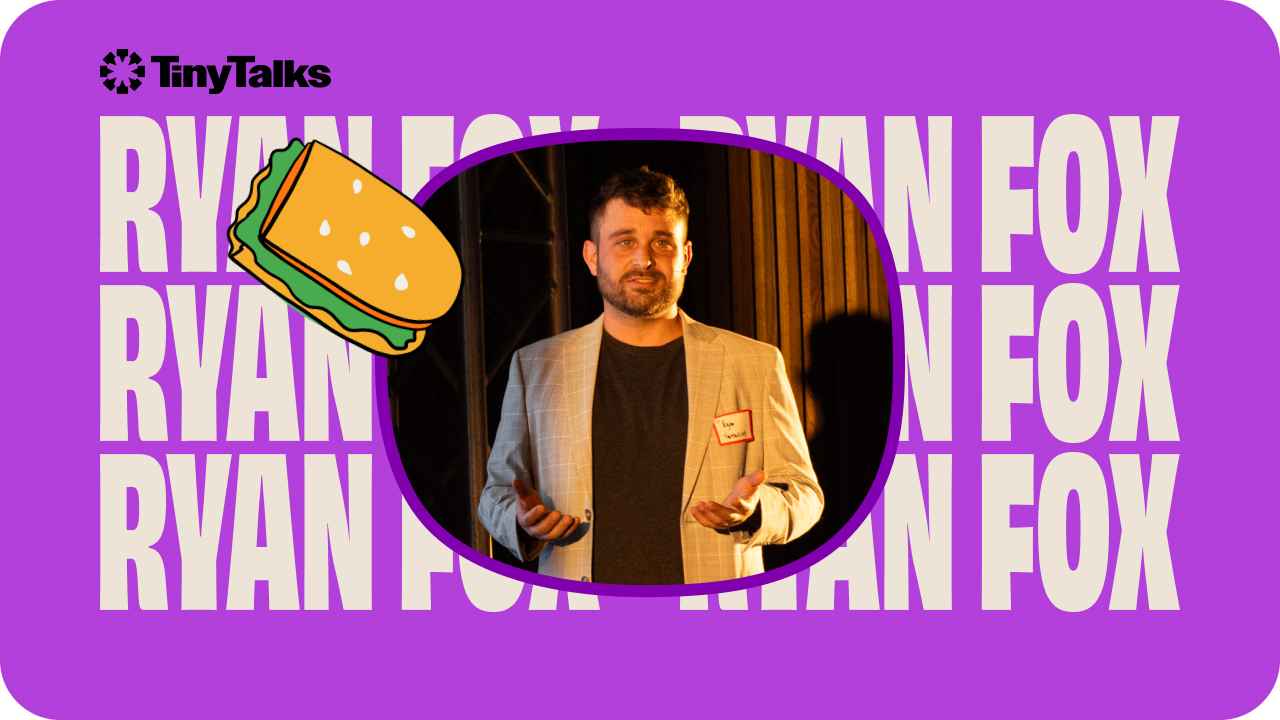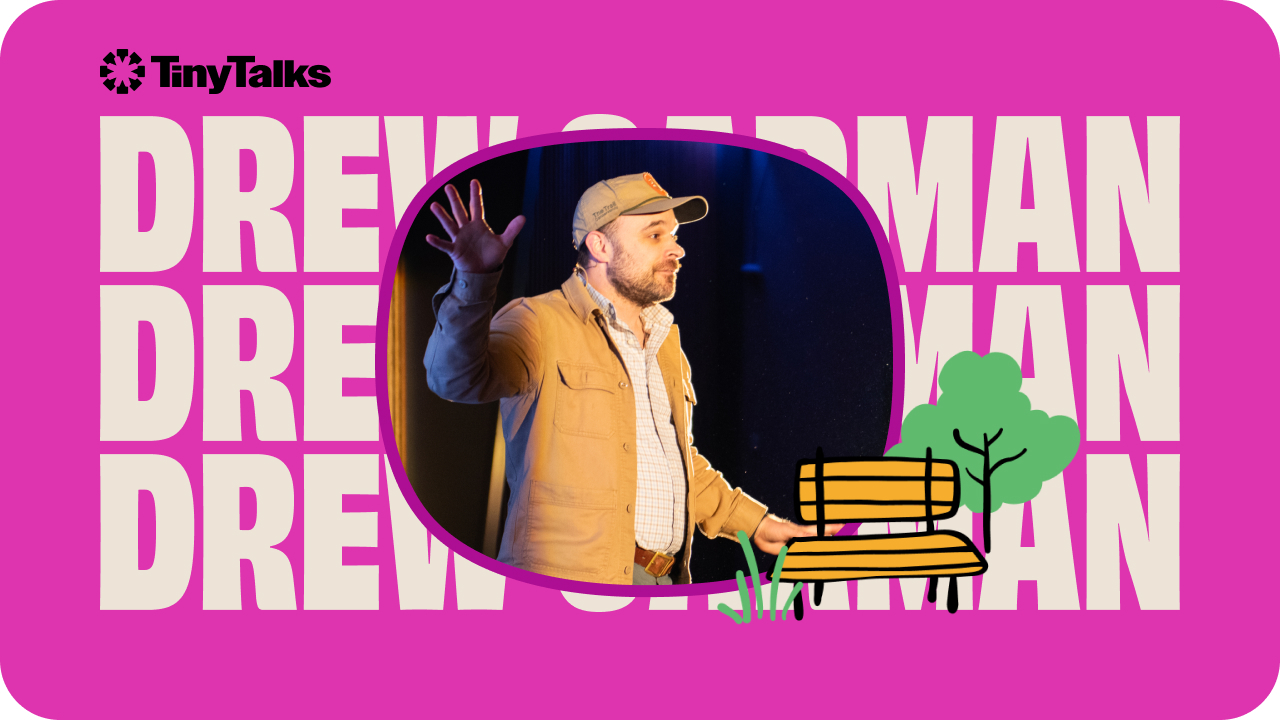What Would You Do With 25 Million Dollars?
Transcript
What would you do with $25 million? That’s where this story starts. Actually, the story starts with Melissa, who’s my wife’s college roommate, and the thing that she discovered several years ago that changed her life and all of our lives.
So Melissa, like myself, works in the film business. At the time, she was working for legendary Hollywood producer Ed Pressman. Now, you may not know Ed’s name, but I guarantee that you know some of the 80 movies that Ed has produced throughout the years. Ed’s a legend. He passed away a year ago. Rest in peace, Ed. But this story isn’t about a movie that Ed made. This is a story about a movie that Ed never made, and it starts with these boxes that Melissa discovered in Ed’s storage unit in Los Angeles, California a few years back. See, Melissa discovered 12 large boxes filled to the brim with letters, thousands and thousands and thousands of letters all addressed to Michael Brody, Jr, one man, all postmarked January of 1970, all unopened.
So who’s Michael Brody? Well, in 1970, Michael Brody was a 21-year-old from Scarsdale. He was a hippie, and he was a millionaire. He had just inherited $25 million from his grandfather, who was a margarine tycoon. He was the first man to ever mass market margarine, under the name Good Luck Margarine. Michael inherited that money, and shortly after that, he met Renee. He met her at a party, where she sold him some hash. They stayed up all night talking, and by morning, they were engaged, and three weeks later, they were married and sitting on a beach in Jamaica on their honeymoon. And on a heavy dose of acid, Michael and Renee came up with a big idea.
They realized they had love, they had found happiness. They loved finding happiness. What they didn’t need was $25 million. What they needed was world peace. And so that’s what they set out to do. They thought with an act of generosity, they could encourage world peace. So Michael and Renee flew back to New York, they booked a gig on the Ed Sullivan Show, and they announced to the world that they were giving away $25 million. If you need $25 million or any amount of dollars, just come here to Scarsdale, to Michael’s house. You can call him up. He gave out his phone number. You could write him a letter. He gave out his address. Of course, newspapers picked up this story, and from New York to around the world, the story took off like wildfire and the letters started coming in. These are some of those letters, still unopened.
“How did Ed get the letters?” you’re probably wondering. Well, the story of Michael and Renee would make for a great Hollywood movie. There’s no question about it. They’re attractive, they had a big idea, they were millionaires. The ups and the downs and the ins and the outs, it would make for a great movie. Of course, Melissa didn’t know any of that standing in the storage unit, looking at the thousands and thousands of unopened letters. She just wondered what was in them. And so with Ed’s permission, she opened one. It was a letter from a little girl. She was asking for $5 for a winter coat. Another letter was opened. It was a husband and wife. They were underwater on their mortgage. And another from a father of five on the verge of suicide, thinking about his debt. The letters came from everywhere, from all walks of life. Everybody needed money because everybody was suffering from want, desire, longing, and need. These letters were a snapshot of the human condition in 1970, and Michael Brody was there to try and solve that problem. What a great movie.
Of course, like a lot of Hollywood movies, the story of Michael Brody and Renee, that movie never got made. But when Melissa found these letters, she thought, “Well, it should be a movie. And we could cast two young actors, we could write a new script. We could make this movie.” And she asked me and my wife, Sarah, who you met earlier, what we thought about this story. But we said, “What about the letters? What about the people who wrote those stories of want, desire, longing, and need? I don’t need two young actors to tell me how great it would be to give away money. I want to know what’s going on in these letters that remain unopened.” So we pitched a different idea, a documentary, Dear Mr. Brody. With Melissa as producer and Ed as executive producer, they agreed. And so Melissa packed up the thousands and thousands of letters, and she drove them from LA to our studio in East Austin. And together with my wife, Sarah Wilson, and our producing partner, Megan Gilbride, our editor, Austin Reedy, and so many others, we spent three years unpacking, researching, opening, and reading these letters.
The stories in them changed our lives forever. It would make a great movie. Our movie is called Dear Mr. Brody. It stars Michael Brody Jr, and the ups and the downs and the ins and outs of his life, that’s in the movie. But the movie’s really about these letters. It’s about the people who wrote their stories. And so we set out and we hit the road. We went from South Carolina to California, we ended up on an Indian reservation in South Dakota. We took the story back to the streets of New York, where the whole thing began, and we went about reuniting letters with the letter-writers themselves, or in this case, their children.
What’s amazing is so many of the letter-writers, we couldn’t track down. It turns out, if you lived on the fringes of society in 1970, you didn’t leave a digital trail. LexisNexis, Google, whitepages.com, they didn’t find you and tell us your story. So we went with the letters that we could find. And when we handed our letters back to the letter-writers, amazingly, none of them remembered writing these letters. I mean, do you remember the raffle ticket that somebody handed you for free 50 years ago that didn’t pay out? No. But when they saw their own handwriting, when they looked at their own letters, they were transported. It was like a time machine back to that moment of want, desire, longing, and need. And overwhelmingly, every single person we talked to said that they appreciated that time in their lives because they had overcome it. Dear Mr. Brody is a story of want, desire, longing, and need, but it is mostly a movie about overcoming. That’s what I learned through the process of making this film, and I got to share it with Melissa, and Sarah, and Megan, and so many others.
We finally counted up the letters. How many did she discover in those 12 boxes? Well, there were 32,000 letters, and in the process of researching, we found other people with letters. We found hundreds of thousands of more letters in other storage units, in other plastic bins, in other closets. It made it really hard to wrap up the movie. The story keeps going on and on and getting more complicated. But Melissa read one letter, she’s reading it here right now next to our dog, Francis, and it was from a woman who said, “Dear, Mr. Brody, I want to thank you, because even if you don’t give me any money,” and he didn’t, “you’ve given me something better. You’ve given me and thousands of people like me the chance to think about what in the world is the most important thing to me.”
I started out by asking you what would you do with $25 million. That’s a question I haven’t spent much time pondering. It’s not a question I’m going to have to answer anytime soon. I’m an independent filmmaker in East Austin. So I’m going to leave you with a different question, one that you can ponder at your own leisure, what in the world is the most important thing to you?
If you want to stick around and open some letters with me, I’ve got a letter opener, I’m going to be sitting right over there, and I would love to find out what is going on in these letters. Thank you.



